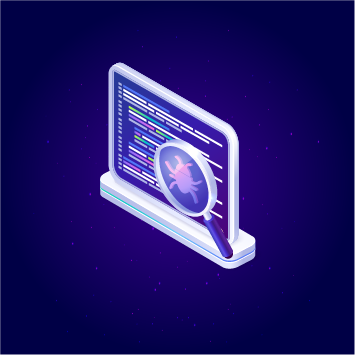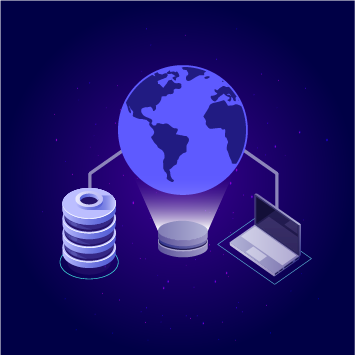In today’s digital age, protecting your online privacy is more important than ever. With so many tools available to help you stay anonymous, it can be tempting to take shortcuts like using fake IPs or free proxies. While these options might seem convenient and cost-effective, they come with significant risks that could outweigh any potential benefits. Let’s take a closer look at why relying on these tools might not be the best idea. 1. Your Data Might Not Be Safe Free proxies often come with hidden costs. Many of these services log your data, including the websites you visit and even sensitive information like passwords or personal details. Some providers sell this data to third parties, putting your privacy at greater risk than if you hadn’t used a proxy at all. Fake IP services, on the other hand, can also be run by untrustworthy operators who may exploit your information for profit. 2. Increased Vulnerability to Cyberattacks When you use a free proxy or a fake IP, you’re essentially routing your internet traffic through a third party. If this third party isn’t secure, hackers can intercept your data, making you an easy target for cyberattacks. This is especially concerning if you’re accessing sensitive accounts like online banking or work emails. 3. Poor Performance and Reliability Free proxies are often overcrowded with users, leading to slow internet speeds and frequent disconnections. Imagine trying to stream a video or join an important online meeting, only to have your connection drop unexpectedly. Fake IP services can also be unreliable, with some failing to mask your real IP effectively, leaving you exposed. 4. Legal and Ethical Issues Using fake IPs can sometimes cross into legally questionable territory. Certain activities, like bypassing geo-restrictions or accessing blocked content, may violate terms of service or even local laws. It’s always better to stay on the right side of the law and use legitimate tools to protect your privacy. 5. There Are Better Alternatives The good news is that there are safer and more reliable ways to stay anonymous online. Paid VPN services, for example, offer strong encryption, no-logs policies, and faster connections. While they come with a cost, the peace of mind they provide is well worth it. Final Thoughts While using fake IPs and free proxies might seem like a quick fix for online privacy, the risks far outweigh the benefits. Your personal data, security, and even legal standing could be compromised. Instead, invest in trusted tools that prioritize your safety and provide reliable service. After all, when it comes to your privacy, it’s better to be safe than sorry! Stay safe out there!
2025-02-12





